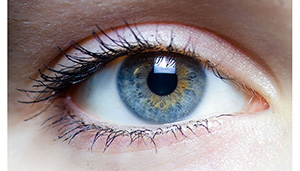
Researchers from the University of British Columbia found that patients with age-related macular degeneration who had at least 7 eye injections per year had a heightened risk of having glaucoma surgery. The team’s findings were published this week in JAMA Ophthalmology.
Patients with wet age-related macular degeneration and diabeteic macular edema, common causes of vision loss, are often treated with intravitreous injections of anti-vascular endothelial growth factor. Previous work has established that these treatments improve visual outcomes for many patients.
Although intravitreous injections of anti-VEGF agents increase the risk of elevated intraocular pressure, researchers didn’t know if there was a link between treatment and the risk of developing moderate to advanced glaucoma.
The team identified 74 cases of glaucoma surgery and 740 controls. They found that having 7 or more anti-VEGF injections each year was associated with a significantly higher risk of glaucoma surgery.
“Clinicians should be aware of the potential association of repeated, recent intravitreous anti-VEGF injections for diseases, such as exudative AMD, with subsequent need for glaucoma surgery,” the authors wrote.
Earlier in March, researchers from the University of Southern California’s Roski Eye Institute described a micropump that can be implanted directly into the eye and deliver a predetermined dose of the diabetic macular edema drug ranibizumab.
Current treatments for glaucoma are traditionally delivered using eye drops. But studies show that some patients stop taking their prescription glaucoma eye drops after 1 year, according to the team of researchers. Patients can be uncomfortable using the eye drops or they forget to consistently take their prescribed medication.
To address the treatment’s noncompliance issue, the researchers developed a micropump that includes a reservoir for medication. Dosage and frequency can be controlled using a wirelessly-connected device, according to the team.

